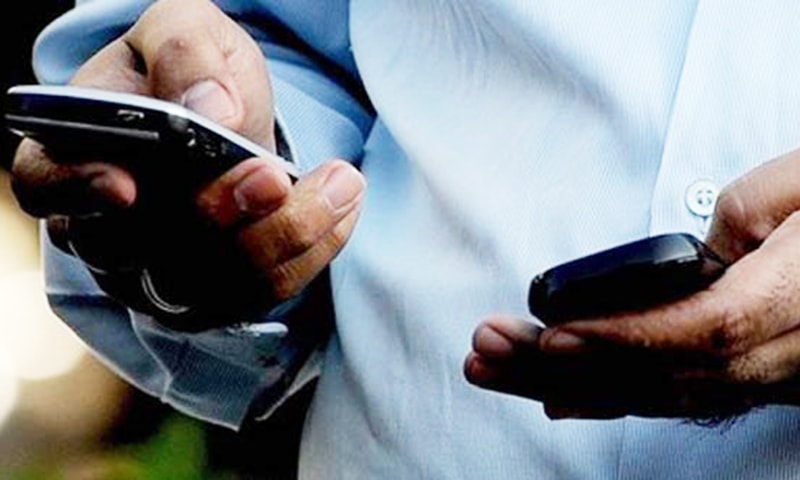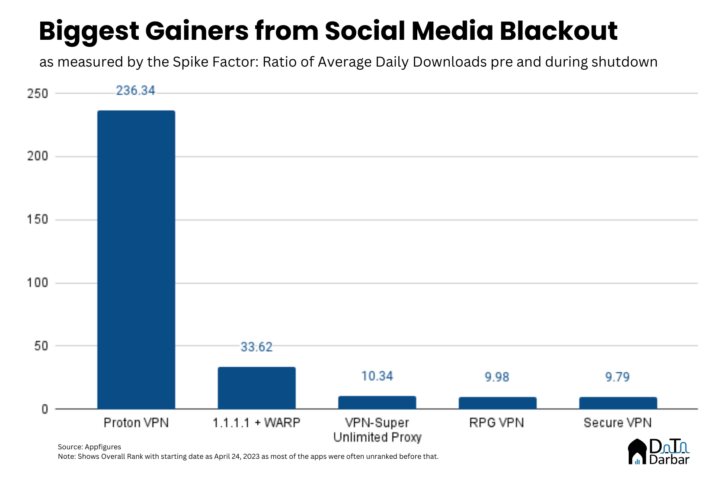SICK of texting in broken English and getting frustrated by how native sounds are tortured when your write in Roman script? Yeah, same. Shall I interest you with something more…oriental? Meet TelloTalk, a startup based out of Karachi.
TelloTalk is a free instant messaging app that lets you send texts, make voice and video calls, have group chats among other things. All you have to do is download it, register your number and get going. Oh wait, that sounds like just any other messenger, no? Yeah almost, except that this one is specifically made for and by Pakistanis. It has keyboards for all major local languages — Balochi, Pashto, Punjabi, Seraiki, Sindhi, and Urdu — as well as stickers relevant to the Pakistani market, like common phrases and stuff.
Sounds great and all but many would question, why do we need another messenger, albeit local, when we have WhatsApp — the king of them all? The global giant has already disrupted the way communication is imagined, far surpassing other big players like Viber or Telegram so what is even left for a local startup to do anyway? “WhatsApp has a one-size-fits-all approach and can’t cater to specific local needs with its standardized product. TelloTalk, on the other hand, can cater to certain niches and offers features and content relatable to Pakistanis that any international company won’t,” says Adnan Lotia, the COO of TelloTalk.
“We have much more than just calls and chats. There are Pakistani newspapers, TV channels, games, etc integrated on the portal that the user can just subscribe to and do everything from one app,” he explains.
Still unclear? TelloTalk has a channels feature where they have integrated third-party apps and content providers like radio, games, news, music, etc. So you can read your morning updates, watch new recipes and much more without downloading other apps and save some phone memory. There’s also a business channel for corporate communication that connects brands/organizations with customers and that’s a major market Lotia is eyeing.
“We have brought in schools, beverage companies, and other brands onto our portal and now they can connect with users one-on-one,” he says, adding “We are also adding a TelloTalk button on other apps, so their customer chat will be done through us.” Moreover,
The startup was founded by a team of seasoned entrepreneurs — Arshad Ashraf, Usman Sheikh, Shahbaz Jamote, Mirza Jahangir, Munawar Hussain, and Lotia — working within the tech arena, particularly the mobile value-added services industry.
“We have had a long connection with messaging, as we used to manage many corporates’ text communication services with their customers. But that started saturating as mobile data connections in the country ballooned, and over-the-top services started taking over. So we decided to tap on this market, using our expertise in messaging services,” says Lotia.
Soon after, the entire team left their previous organization to start TelloTalk, whose beta version was ready by August 2017.
While the immense popularity of instant messaging came largely through peer-to-peer communication, these guys want to take the road; business-to-consumer. They currently have 11 organizations on board managing their communications and occasionally, marketing campaigns, through TelloTalk. And Lotia is betting on those users to eventually switch to this app for peer messaging as well.
But let’s be honest. Features alone aren’t enough for capturing a market, especially if you up are against global deep pockets like WhatsApp and relatively smaller, but still giants, like Viber and Telegram. “Around 68 million Pakistanis have mobile data and that number is only growing. Whereas about 14m use WhatsApp so the market is still mostly untapped and we want to make inroads here. There is plenty of room for other players in this space and in many countries, you see local startups emerging and competing with international players, like Hike in India or KakaoTalk in South Korea,” he says.
Like any messaging app, the startup is bound to have access to a tremendous amount of data which, Lotia says, is hosted locally unlike the global giants that export data. And this localization and auditability is something that he hopes will earn them the goodwill of government agencies for official usage.
How do they make money if it’s free for consumers to use? They currently charge their corporate partners a “minimal” fixed monthly per-user fee and like most startups, are still in the red.
TelloTalk has already raised an undisclosed seed round and according to the COO, they are about to close their Series A funding as well. “When that money comes, we will be aggressively burning cash to further scale through marketing, more hiring, and infrastructure expansion,” he says.
There’s already a lot going on in the app, from a media player to YouTube videos, but Lotia and co don’t plan to stop anytime soon. “We are trying to add even more features like ordering a cab, paying utility bills, etc,” he shares. Whether this one master app would rule them all others or it would get too overwhelming remains to be seen.
This article originally appeared in Dawn.


